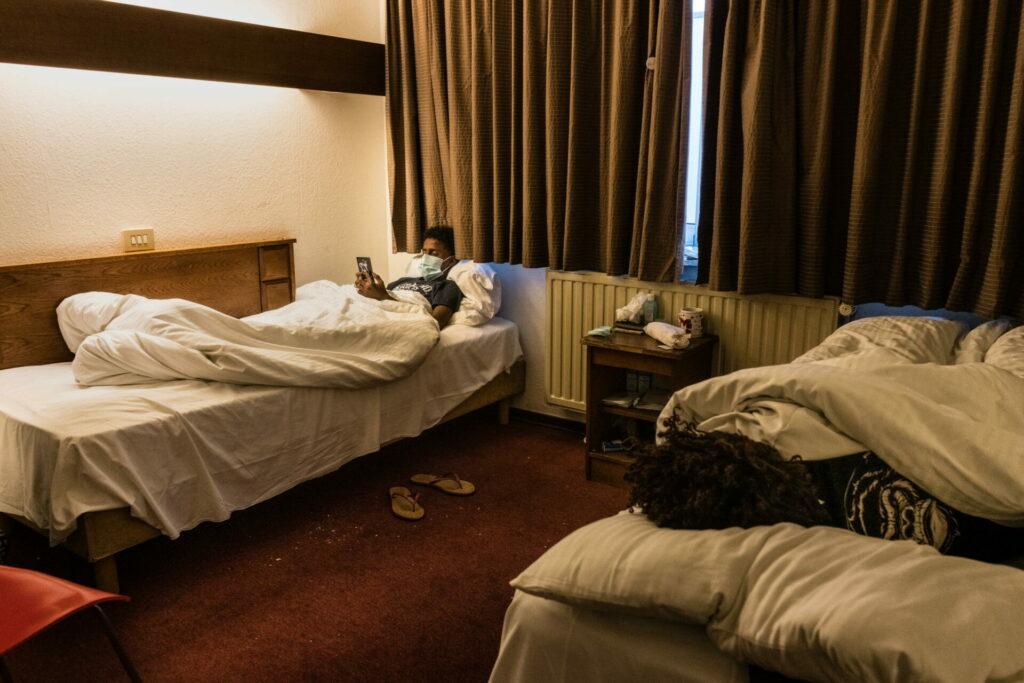The Federal Government has announced it will be taking over a reception project for unaccompanied minors in Brussels, which was started by the non-profit organisation Medecins Sans Frontieres (MSF) and was set to close next week.
On Monday morning, the NGO warned that it would be closing the reception centre set up to assist unaccompanied, underage refugees. A long-term closure would have caused major issues, as unaccompanied minors are known as a 'hard-to-reach group.' They allegedly do not apply for asylum and avoid the official Fedasil reception centres, which meant that often they were not receiving the shelter and support they were in dire need of.
To respond to this demand, MSF subsequently set up a specialised centre for unaccompanied minors, which will now be taken over by the government.
"This was a beautiful project started by MSF, which is why we want to take it over," the new State Secretary for Asylum and Migration Nicole de Moor told Radio 1 on Monday morning.
Distrust of authorities
De Moor explained that the government struggles to reach out to these young people, as in many cases, they were made to fear the official migration reception system in Belgium by people smugglers.
Even though they are in need of medical and psychological help, they don't officially register as asylum seekers, which would give them access to such support. The government already set up a project with Catholic aid organisation Caritas to speak with young people and explain to them why they should register as asylum seekers via official routes.
"But we can see that these efforts alone are not enough and that they are in need of a place to rest. You cannot expect young people to be able to think about their future if they are living on the streets," she said.
Since the centre was set up in October, more than 250 young people have found shelter and medical assistance there. However, MSF announced the closure of the centre on Monday 15 July, stating that it was not its task, but that of the government, to take care of these minors.
Now, together with civil society organisations, the government will ensure the centre can remain operable and provide a roof over their heads, as well as guide them to the official system through an accessible trajectory.
Figuring out practicalities
The government waited until Monday to confirm it would be taking over the centre's operations. Despite efforts from the various actors involved, no agreement was reached on a possible take-over by the government before, despite the usefulness of the project being unanimously recognised.
Related News
- Belgian age assessment of foreign minors in the crosshairs of ECHR
- UN World Refugee Day: Europe sees increase in first-time asylum seekers
- Belgian asylum reception far from child-friendly, research shows
This resulted in a cry for help from MSF, saying that "nobody can ignore the existence of these young people, nor their needs." The NGO itself said it could not continue the project, which was primarily a response to an acute emergency, as it is not a housing organisation.
Discussions are now ongoing on how the government can take over the project, however, the building where the centre is currently located is no longer available. "We are in discussion with the Brussels Region to find a quick solution to find another location where we can continue the project," de Moor said.
She recognised that this is an upward battle, as Belgium is facing a chronic shortage of reception centre capacity, both for Ukrainian refugees and people applying for international protection, which is resulting in people who are entitled to a roof over their heads being left to sleep on the streets.

